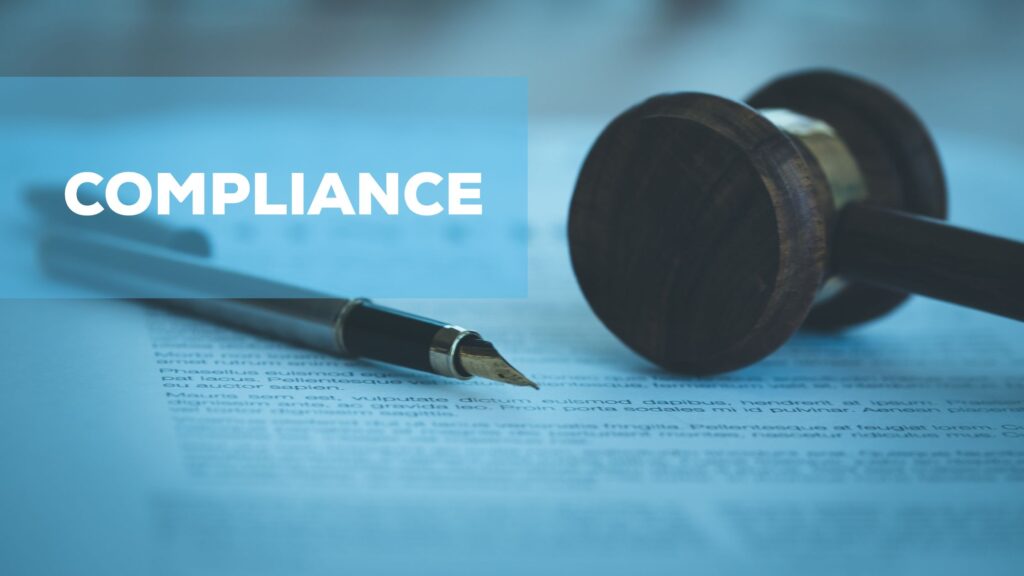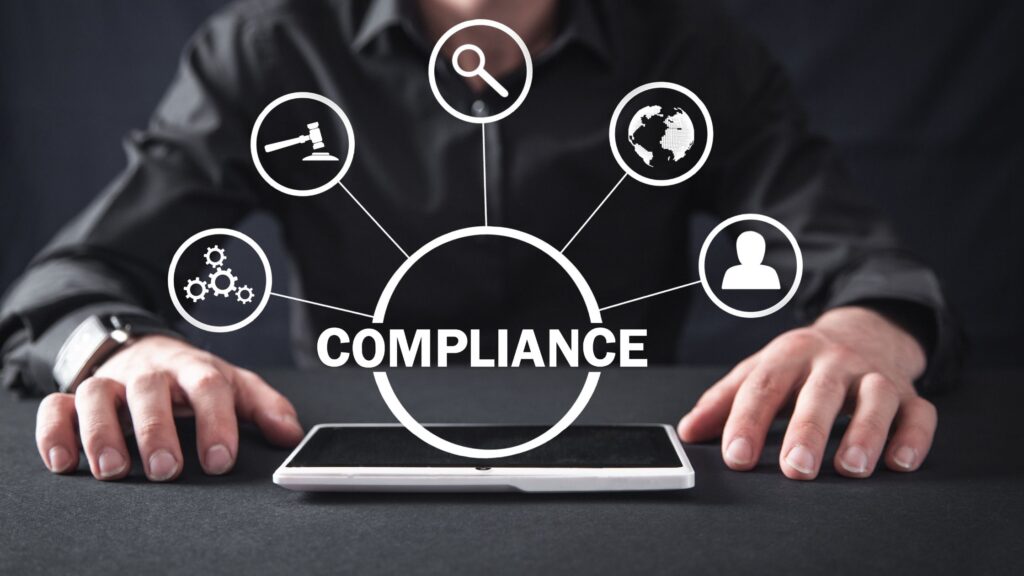Handling payroll the right way is crucial for keeping your business in good standing with the IRS. Every small business owner needs to stay careful when managing employee wages, taxes, and reports. This IRS Payroll Compliance Checklist for Small Business Owners breaks down the key steps, practical tips, and common mistakes to avoid. Follow it as your simple guide to stay compliant, prevent costly errors, and keep your business running smoothly.

Table of Contents
Toggle1. Employee Classification and Onboarding
The first step in the IRS Payroll Compliance Checklist for Small Business Owners is correctly identifying whether a worker is an employee or an independent contractor. Misclassification can result in penalties, back taxes, and compliance issues. Once classification is confirmed, start the onboarding process. Ensure every employee completes Form W-4 for income tax withholding and Form I-9 to verify work eligibility before issuing their first paycheck. You should also collect:
- Full name, address, and Social Security Number (SSN) or Taxpayer ID
- Bank account details for direct deposit (if applicable)
- Any state or local tax forms required
Correct classification and complete, on-time onboarding paperwork establish a compliant payroll from day one and protect your business from costly errors. Learn more about Payroll Tax Compliance Checklist.
2. Tax Registrations and Identification Numbers
This step in the IRS Payroll Compliance Checklist for Small Business Owners is essential for staying compliant and organized. Here’s what you need to do:
I. Get an EIN (Employer Identification Number) from the IRS. You’ll need this number to file and pay federal payroll taxes.
II. Register with state agencies if your business operates in a state that requires income tax, unemployment insurance, or workers’ compensation.
III. Sign up for EFTPS (Electronic Federal Tax Payment System) to handle all federal tax deposits quickly and securely.
IV. Complete state new-hire reporting to notify your state about new employees as required by law.
Completing these four actions establishes a clean, compliant payroll foundation and keeps your records organized from day one.
3. Payroll Withholding and Deposit Requirements
This section of the IRS Payroll Compliance Checklist for Small Business Owners is vital because even small errors can result in costly penalties or IRS notices. Follow these steps carefully:
- Calculate federal income tax based on each employee’s Form W-4.
- Withhold Social Security and Medicare (FICA) taxes from employee wages.
- Contribute your employer’s share of FICA taxes as required.
- Pay federal unemployment (FUTA) tax, which applies only to employers.
- Include applicable state taxes, such as income tax, unemployment insurance, or disability tax.
- Update tax rates annually, since federal and state laws can change each year.
Accurate, up-to-date withholding across federal, FICA, FUTA, and state taxes protects your business from penalties and keeps payroll fully compliant.
4. Benefits, Deductions, and Wage Rules
Beyond taxes, the IRS Payroll Compliance Checklist for Small Business Owners also includes managing employee benefits, deductions, and wage laws accurately. Here’s what to focus on:
- Deduct and match contributions for retirement plans such as 401(k) or SEP, if your business offers them.
- Withhold premiums and contributions for health insurance, flexible spending accounts (FSAs), or other employee benefits when applicable.
- Follow federal wage laws under the Fair Labor Standards Act (FLSA) — this includes maintaining minimum wage and paying overtime correctly.
- Comply with state and local wage laws, including paid leave requirements or regional wage floors that may differ from federal standards.
- Process garnishments or child support orders as directed by the court or government agencies, ensuring timely and accurate deductions.
Diligent handling of benefits, deductions, and wage rules keeps payroll lawful, accurate, and employee-trustworthy.

5. Reporting, Filing, and Forms Management
Submitting the right payroll forms on time is a must — there’s no room for delay or error. Here’s what you should file each year:
- Form W-2 – Provide this to employees and file it with the Social Security Administration by January 31.
- Form W-3 – File this transmittal form along with your W-2s.
- Form 941 – Submit this quarterly to report federal income tax, Social Security, and Medicare withholdings.
- Form 940 – File this annually if your business owes federal unemployment (FUTA) taxes.
- Form 1099-NEC – Issue this to independent contractors who earn $600 or more in a year.
Also, don’t forget to file state and local payroll reports, as deadlines vary by region.
6. Recordkeeping and Audit Preparedness
An important part of the IRS Payroll Compliance Checklist for Small Business Owners is keeping accurate records and being ready for audits. Proper documentation not only confirms compliance but also safeguards your business during IRS or state reviews. Keep these records for at least four years (and up to six when needed):
- Payroll reports, wage summaries, and tax withholdings
- Filed forms such as W-2, W-3, 941, 940, and 1099
- Employee tax forms (W-4, I-9)
- Benefit and deduction details
- Garnishment or child support records
- Any IRS or state correspondence
Keeping complete, well-organized payroll and tax records for at least four years preserves compliance and ensures you’re audit-ready at any time.
7. Best Practices and Ongoing Compliance
Following these best practices will help you stay compliant, organized, and confident in your payroll operations:
- Review tax and labor laws every year since rates, wage limits, and benefit rules can change frequently.
- Use trusted payroll software or services to automate calculations, tax filings, and reporting with fewer errors.
- Conduct internal payroll audits regularly to spot discrepancies before they lead to penalties or compliance issues.
- Train your payroll staff on the latest updates, ensuring they understand both federal and state regulations.
- Separate payroll duties so that no single person controls every step — this helps prevent mistakes or potential fraud.
Consistent reviews, smart automation, strong controls, and expert guidance keep your payroll compliant, accurate, and audit-ready.

Conclusion
This IRS Payroll Compliance Checklist for Small Business Owners is your clear guide to running payroll legally and efficiently. From classification and registration to reporting and recordkeeping, every step ensures compliance and peace of mind.
If it feels complex, Freedomfolio can help with expert bookkeeping, payroll, tax planning, and IRS support tailored for small business owners.





